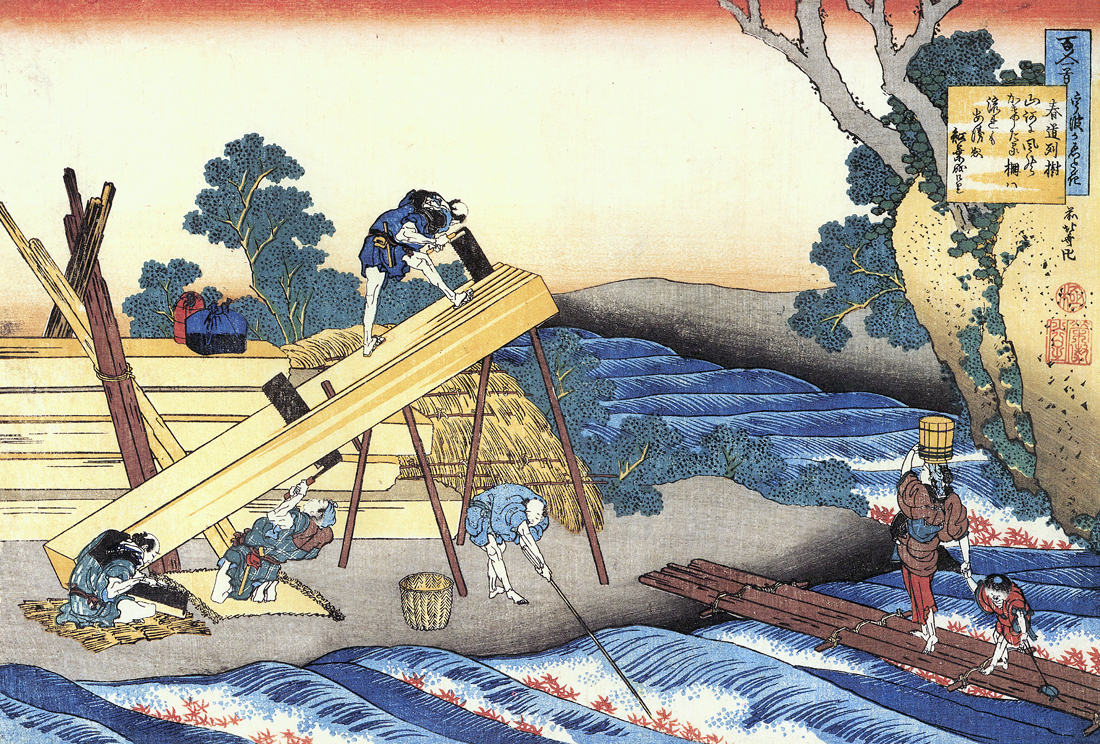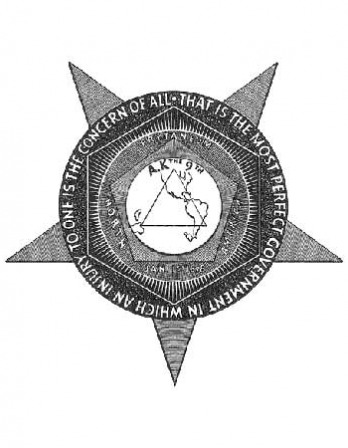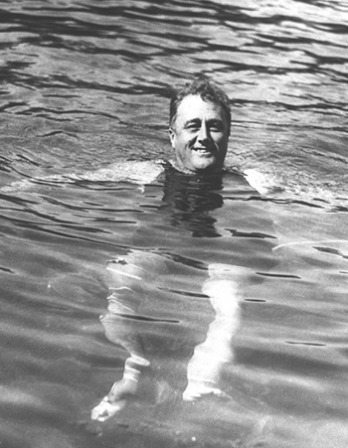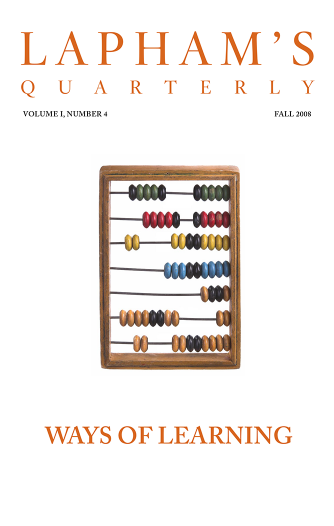It is true that labor produces for the rich wonderful things—but for the worker it produces privation. It produces palaces—but for the worker, hovels. It produces beauty—but for the worker, deformity. It replaces labor by machines—but some of the workers it throws back to a barbarous type of labor, and the other workers it turns into machines. It produces intelligence—but for the worker idiocy, cretinism.
The direct relationship of labor to its produce is the relationship of the worker to the objects of his production. The relationship of the man of means to the objects of production and to production itself is only a consequence of this first relationship—and confirms it.
When we ask, then, what is the essential relationship of labor, we are asking about the relationship of the worker to production.
Till now we have been considering the estrangement, the alienation of the worker only in one of its aspects, i.e., the worker’s relationship to the products of his labor. But the estrangement is manifested not only in the result but in the act of production—within the producing activity itself. How would the worker come to face the product of his activity as a stranger were it not that in the very act of production he was estranging himself from himself? The product is after all but the summary of the activity of production. If then the product of labor is alienation, production itself must be active alienation, the alienation of activity, the activity of alienation. In the estrangement of the object of labor is merely summarized the estrangement, the alienation, in the activity of labor itself.
What constitutes the alienation of labor?

Woodworkers, by Hokusai Katsushika, from Pictures of 100 Poems by 100 Poets, Explained by the Nurse, c. 1838. Brooklyn Museum, New York.
First, the fact that labor is external to the worker, i.e., it does not belong to his essential being; that in his work, therefore, he does not affirm himself but denies himself, does not feel content but unhappy, does not develop freely his physical and mental energy but mortifies his body and ruins his mind. The worker therefore only feels himself outside his work, and in his work feels outside himself. He is at home when he is not working, and when he is working he is not at home. His labor is therefore not voluntary but coerced; it is forced labor. It is therefore not the satisfaction of a need; it is merely a means to satisfy needs external to it. Its alien character emerges clearly in the fact that as soon as no physical or other compulsion exists, labor is shunned like the plague. External labor, labor in which man alienates himself, is a labor of self-sacrifice, of mortification. Lastly, the external character of labor for the worker appears in the fact that it is not his own, but someone else’s, that it does not belong to him, that in it he belongs, not to himself, but to another. Just as in religion the spontaneous activity of the human imagination, of the human brain, and the human heart operates independently of the individual—that is, operates on him as an alien, divine, or diabolical activity—in the same way the worker’s activity is not his spontaneous activity. It belongs to another; it is the loss of his self.
As a result, therefore, man (the worker) no longer feels himself to be freely active in any but his animal functions—eating, drinking, procreating, or at most in his dwelling and in dressing-up, etc. And in his human functions he no longer feels himself to be anything but an animal. What is animal becomes human and what is human becomes animal.
©1972, 1978 by W. W. Norton & Company, Inc. Used with permission of W. W. Norton & Company, Inc.
From Economic and Philosophic Manuscripts of 1844. After a seven-year-long engagement, Marx at the age of twenty-five married Jenny von Westphalen in 1843. Four months later they moved to Paris, where he became acquainted with the conditions of the working class. He observed that they were “utterly crude and unintelligent” but also noted that “The brotherhood of man is no mere phrase with them, but a fact of life.” This early piece of writing was not published until 1959.
Back to Issue






